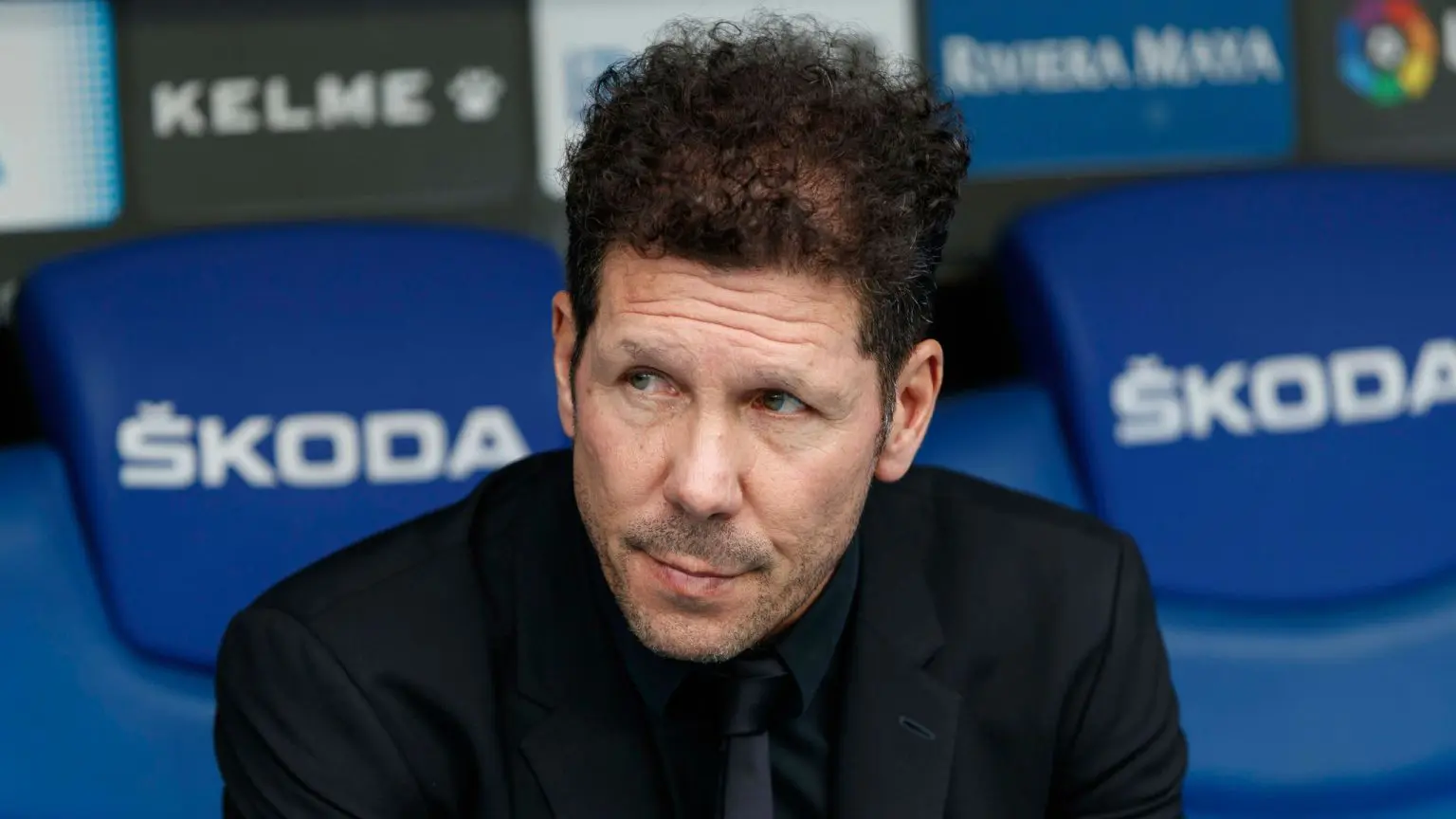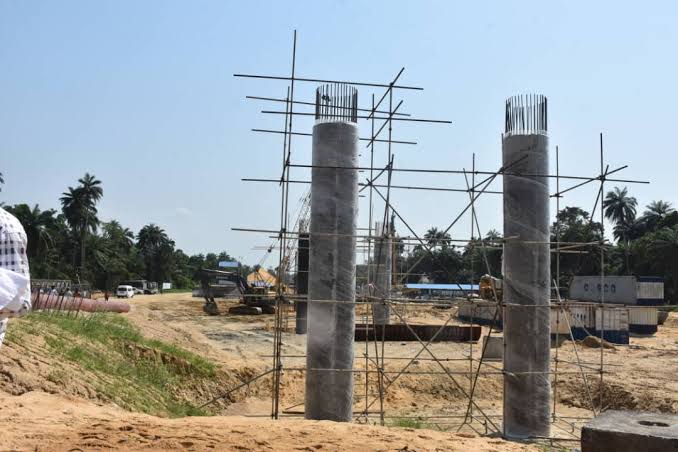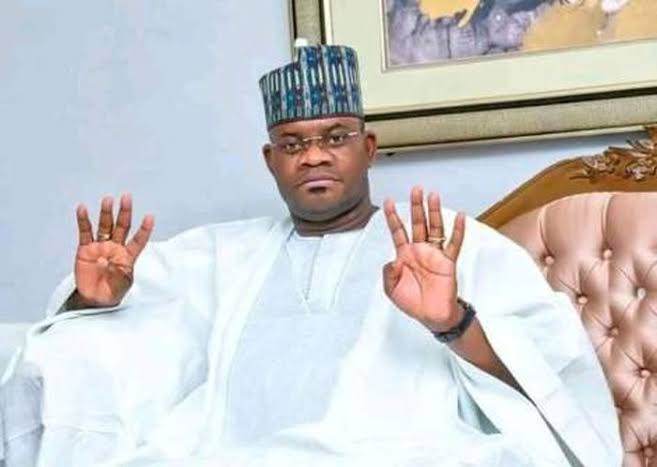Wife of former President Olusegun Obasanjo, Her Excellency Chief (Mrs.) Alice Obasanjo, has declared that Nigeria cannot lift Africa out of poverty unless women — who make up half of the national population, are placed at the centre of economic transformation, policy formulation, and national development.
She made the remark at the second edition of the Paul Alaje Colloquium, held on 15 November 2025 at the NAF Conference Centre, Abuja, with the theme:
“Breaking the Cycle: How Nigeria Can Lead Africa From Poverty to Prosperity.”
“Nigeria Cannot Fly With One Wing” — Obasanjo
Chief Alice Obasanjo said sustainable national growth will remain impossible until women are fully empowered and included in governance at all levels.
“If Nigeria must lead Africa from poverty to prosperity, we must look beyond natural resources and harness the true strength of our nation — our people, particularly our women,” she said.
She lamented that although women constitute half of Nigeria’s population and form the backbone of homes, communities, and the informal economy, they remain underrepresented, undervalued, and under-supported.
“A bird cannot fly with one wing. A nation cannot develop when half of its population is left behind,” she said.
Women’s Inclusion Is Not Charity — It Is a National Strategy
Chief Obasanjo stressed that women-led communities experience faster poverty reduction, stronger innovation, and more stable social outcomes.
Citing Rwanda as an example — where women hold 63.8% of parliamentary seats — she argued that inclusive governance is possible when a nation is intentional about equity.
Nigeria, she noted, continues to lag with fewer than 20 women in the National Assembly.
“Without women at the centre of decision-making, our national prosperity will remain incomplete. This is not about fairness alone; it is about national survival,” she said.
She said women at the grassroots, farmers, traders, caregivers, and artisans, remain the poorest and least supported despite sustaining households and local markets.
Education, Technology, and Policy Must Transform Women’s Lives
Chief Obasanjo called on government, the private sector, and civil society to adopt deliberate policies that expand women’s access to:
Quality education
Healthcare
Finance and credit
Digital skills
Leadership opportunities
Legal protection and political inclusion
“Let us measure progress not only by GDP or infrastructure but by how many women rise from poverty into prosperity,” she said.
She urged Nigeria to raise a new generation “where girls are encouraged, valued, and empowered to lead.”
Nigeria’s Challenge Is Systems, Not Talent — HRM Drolor Bosso Adamtey I
In his keynote address, His Royal Majesty Drolor Bosso Adamtey I, Suapolor (Paramount Ruler) of the Se (Shai) Traditional Area of Ghana, said Nigeria has the capacity to lead Africa — but is held back by structural and leadership failures.
He noted that 139 million Nigerians live in multidimensional poverty despite the country’s massive population, talent pool, cultural influence, and natural resources.
“Nigeria’s challenge is not lack of intelligence or talent. It is the structure and the leadership systems that shape national outcomes,” he said.
“Positions Do Not Make Leaders” — Ghanaian Monarch
The monarch said too many people in Africa occupy offices without understanding the responsibility of leadership.
“Leadership is not the seat you sit on. It is the courage to choose long-term progress over short-term gains,” he said.
He warned that Africa’s continued export of raw materials while importing finished goods is “a blueprint for perpetual poverty,” urging Nigeria to lead the shift toward industrialisation.
Nigeria Must Drive Continental Integration
HRM Adamtey I emphasised that Nigeria must coordinate Africa’s transformation by driving:
Regional energy grid integration
Free movement of goods and talent
Harmonised tariffs and customs systems
Stronger institutions and long-term investment climates
A functional AfCFTA that supports African producers
“Nigeria has the capacity to lead Africa’s economic repositioning. When Nigeria rises, West Africa rises. When West Africa rises, the continent rises,” he said.
He added that Nigeria’s influence is so significant that “when Nigeria sneezes, Africa catches cold.”
“This Is Not Just Economics, It Is a Responsibility to Future Generations”
The monarch urged policymakers to build systems that outlive administrations.
“We must build institutions strong enough to protect prosperity. Nigeria can lead, and Africa will follow,” he concluded.
The colloquium jointly emphasised that Nigeria must rebuild inclusive institutions, leverage its massive human capital, particularly women and youth, and lead Africa through industry, technology, regional cooperation, and accountable governance.
Both speakers agreed that breaking the cycle of poverty requires deliberate action, not slogans.












